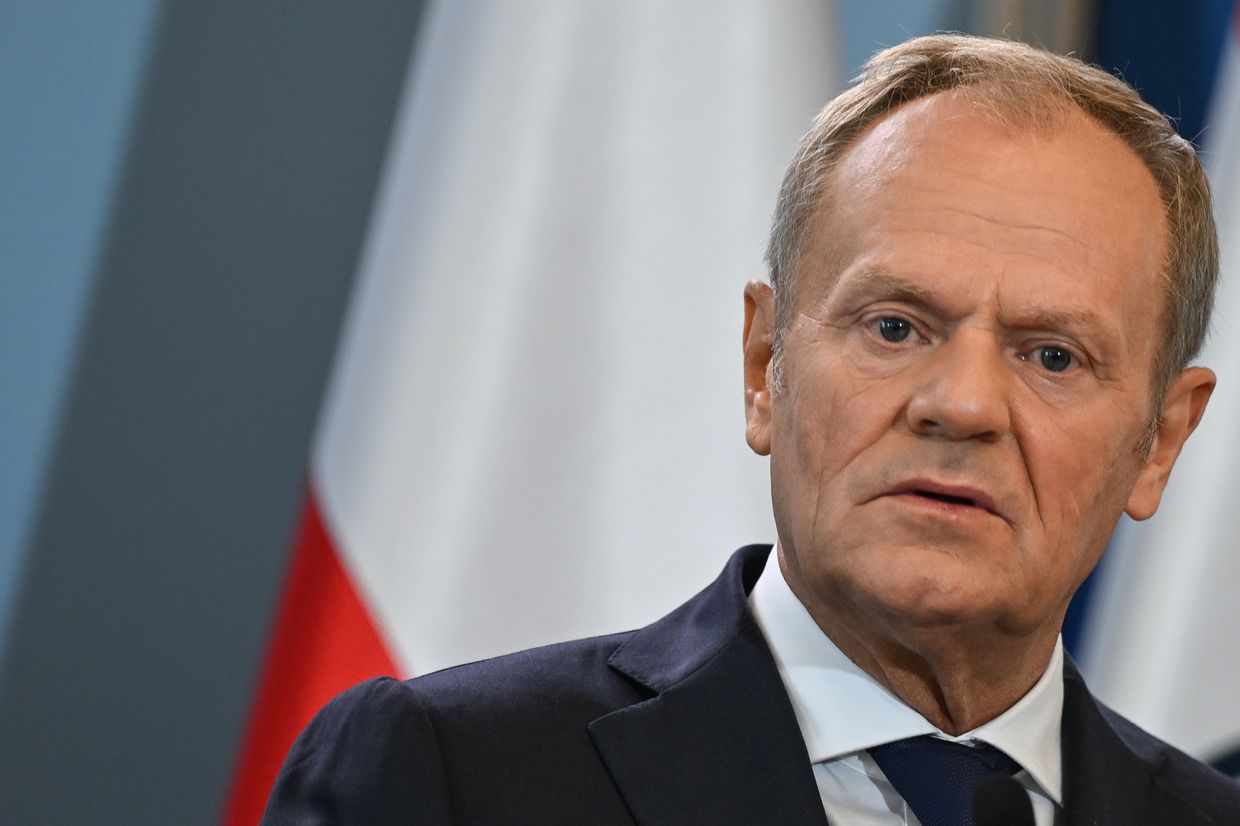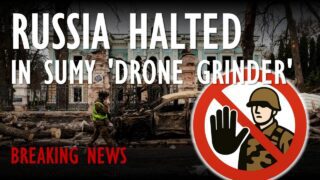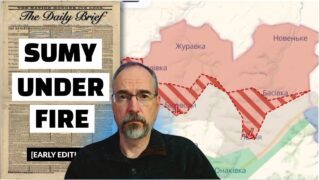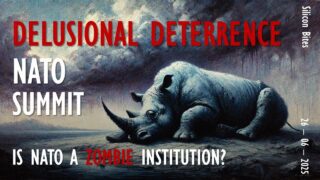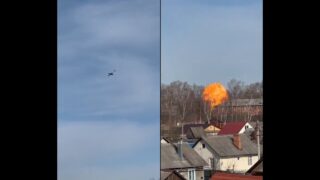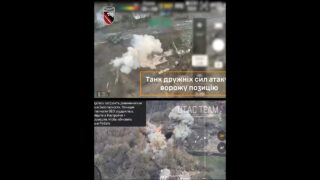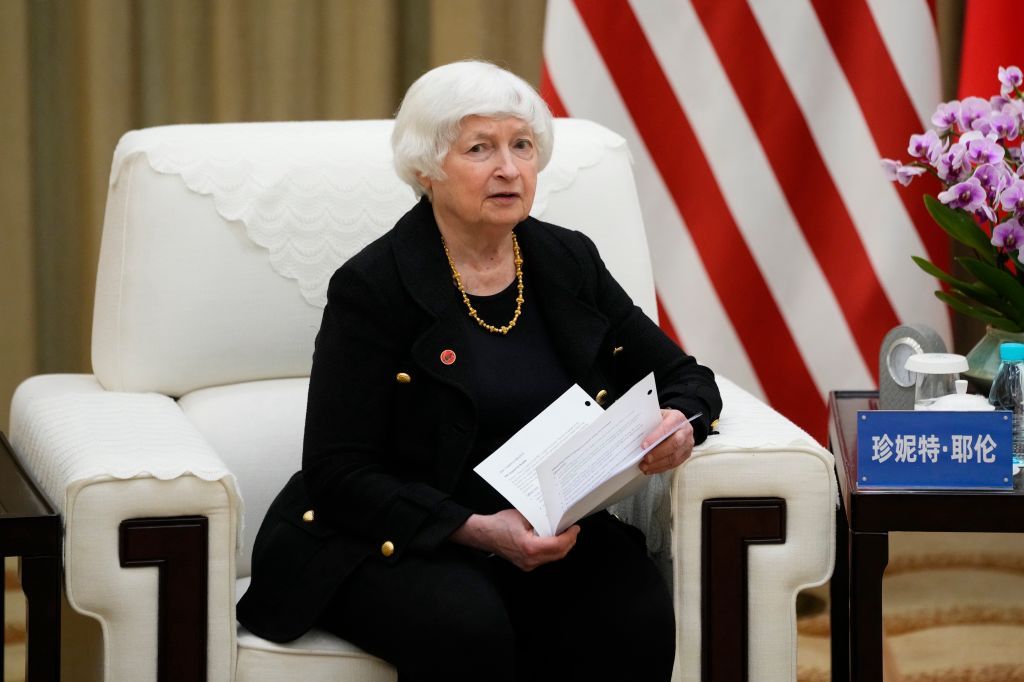
Ukraine war latest: US announces $20 billion loan for Ukraine as part of G7 initiative
Key developments on Dec. 10:
- US announces $20 billion loan for Ukraine as part of G7 initiative
- Zelensky announces 'successful tests' of new Ukrainian missile
- 70% of Ukrainians support 'West German' model for NATO accession, survey shows
- Explosions heard in occupied Donetsk Oblast city, Russian proxies announce evacuation
- Confusion over Russian advances in Sumy Oblast, authorities deny border breach
- Ukraine peace talks could start this winter, Polish PM says
The U.S. Treasury Department announced on Dec. 10 that it will provide $20 billion in loan assistance to Ukraine, marking its contribution to a broader $50 billion initiative supported by G7 countries.
The loan will be repaid using proceeds from frozen Russian assets.
U.S. Treasury Secretary Janet Yellen emphasized the significance of the funding, stating, “The $50 billion collectively being provided by the G7 through this initiative will help ensure Ukraine has the resources it needs to sustain emergency services, hospitals, and other foundations of its brave resistance.”
The funds will be channeled to Ukraine through the World Bank’s Facilitation of Resources to Invest in Strengthening Ukraine Financial Intermediary Fund (F.O.R.T.I.S. Ukraine FIF), ensuring immediate availability for critical needs.
The U.S. contributed $20 billion of the total loan, matched by European Union countries, including France, Germany, and Italy, which will provide $19.4 billion together.
Additional contributions include $3.7 billion from Canada, $3.07 billion from Japan, and $2.9 billion from the United Kingdom.
While Western countries have frozen $300 billion in Russian assets, only the annual income generated — approximately $3.2 billion — is accessible.
These proceeds will back the $50-billion loan, with the majority of the frozen assets located in Europe.
Speaking at the G7 summit in June, President Volodymyr Zelensky called for a mechanism to fully confiscate the frozen Russian funds, highlighting their potential to bolster Ukraine’s long-term recovery.
According to October reports, the G7 plans to keep these Russian assets immobilized even after the war ends.
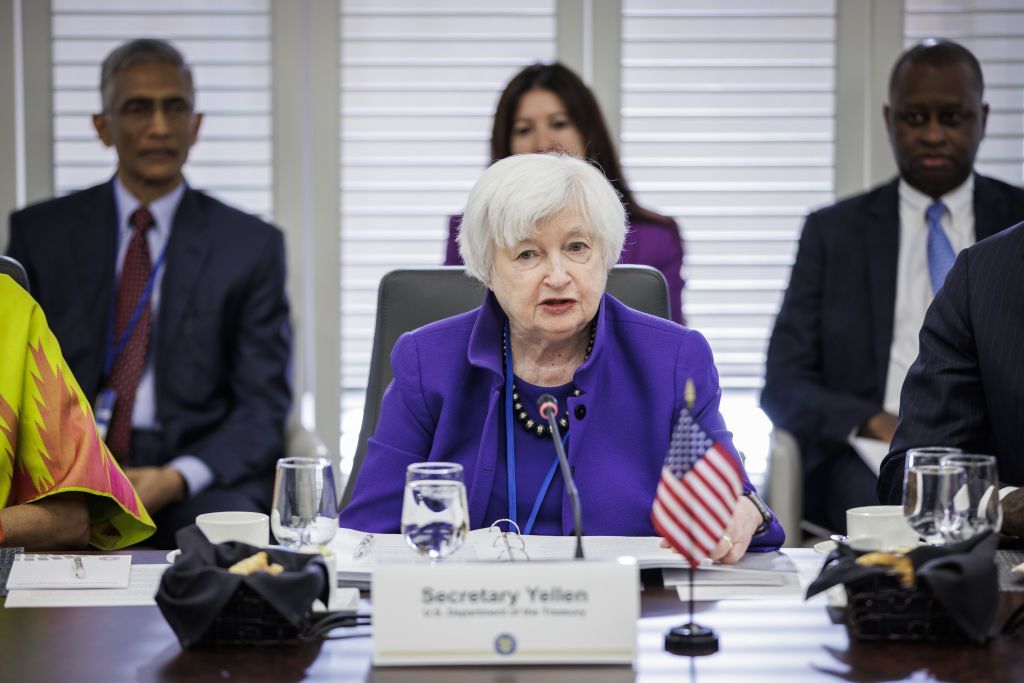

Zelensky announces 'successful tests' of new Ukrainian missile
Successful tests of a new Ukrainian missile, dubbed Ruta (Rue), are underway, President Volodymyr Zelensky announced on Dec. 10.
Speaking at the Borys Paton National Prize presentation, Zelensky provided no additional details about the missile’s characteristics.
The president highlighted Ukraine’s progress in missile and drone development, noting that the Palianytsia, a lightweight missile-drone hybrid, has entered mass production, while the Peklo (Hell) hybrid has already been successfully deployed in combat.
Zelensky confirmed on Dec. 6 that the first batch of Peklo had been delivered to Ukraine's Armed Forces.
In August, Zelensky announced that Ukraine had also tested its first home-grown ballistic missile.
These advancements reflect the rapid growth of Ukraine's missile program since Russia’s full-scale invasion began in February 2022.
While Ukraine continues to develop indigenous missile capabilities, Western partners have only recently approved the use of foreign-made missiles for strikes on Russia’s Kursk Oblast.
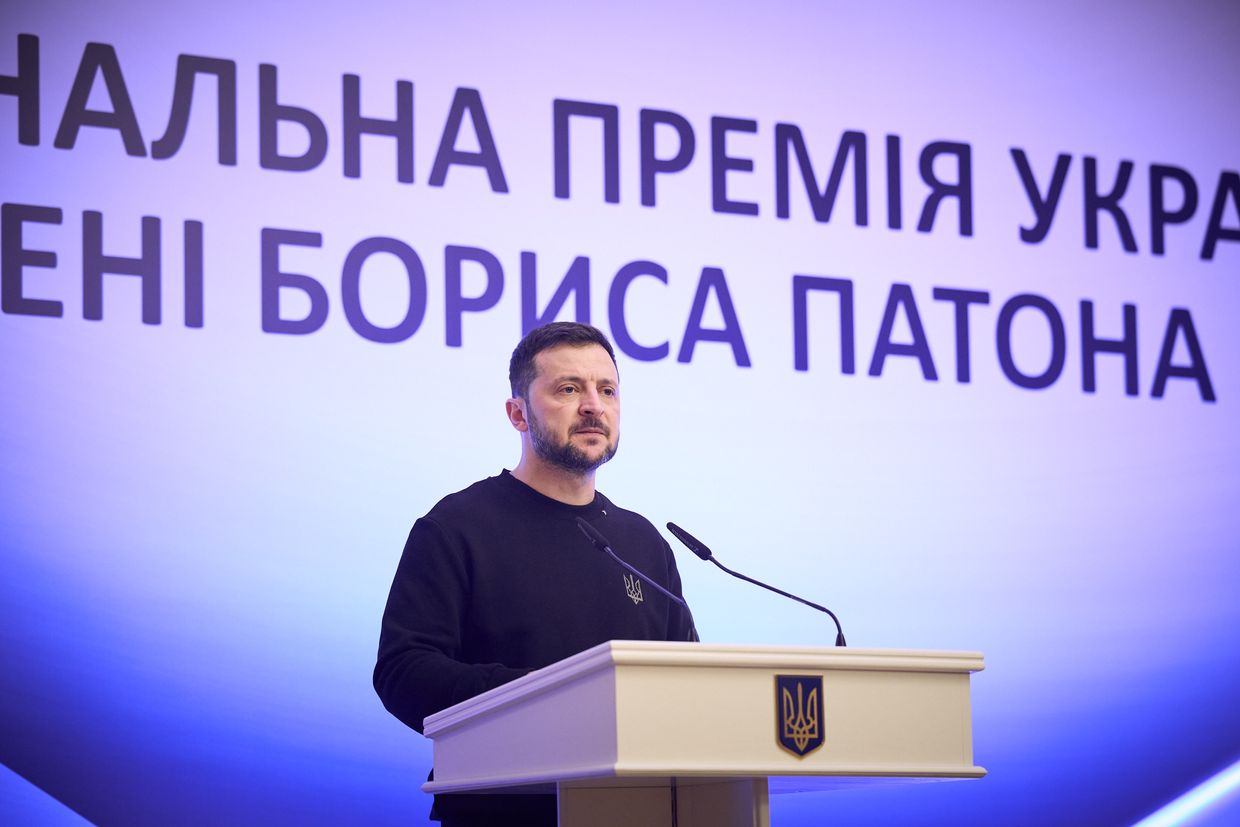

70% of Ukrainians support 'West German' model for NATO accession, survey shows
Some 70.3% of Ukrainians are in favor of their country's gradual accession into NATO in a model resembling the entry of West Germany, according to a survey by the Kyiv-based New Europe Center published on Dec. 10.
A key difference is that the invitation would encompass the entire Ukraine, but the alliance's defensive "umbrella" would extend to the occupied territories only after their future liberation.
Talks about a possible post-war security structure grew increasingly relevant as U.S. President-elect Donald Trump showed reluctance to maintain long-term support for Ukraine and pledged to push both sides to the negotiating table.
As Russia holds the upper hand on the battlefield and the prospects of liberating occupied territories militarily appear slim in the near future, NATO accession pathways resembling that of West Germany begin to gain traction both in the West and Kyiv.
West Germany entered the alliance in 1955, with the territories of East Germany joining only after the country's reunification in 1990.
The growing difficulties are also reflected in the New Europe Center's survey. While the majority of Ukrainians remain distrustful of Russia and are averse to making concessions, the latter indicator has decreased in comparison to last year.
At the same time, the Ukrainians are reluctant to enter talks with Russia without security guarantees, believing that a ceasefire would simply give Moscow a chance to recover and launch another war.
According to the poll, 64.1% of Ukrainians do not believe that talks with Russia are worthwhile without appropriate security guarantees by the West. In comparison, 30% favor negotiations without preconditions, believing Ukraine does not have the resources to sustain a war of attrition.
Some 31.3% of respondents consider the development of nuclear weapons — a step rejected by Kyiv — to be the most effective security guarantee. Only a slightly smaller number — 29.3% —see the accession to NATO as the most optimal course. Only 6.4% of Ukrainians have trust in the possible deployment of European peacekeepers in Ukraine.
President Volodymyr Zelensky said on Dec. 1 that if Ukraine were to join NATO, the alliance's Article 5 collective defense principle may not apply to Ukrainian territories facing active combat. This marked a notable shift in Ukraine's rhetoric, which previously insisted on fully restoring territorial integrity as a precondition for a successful peace settlement.
More recent statements show a willingness to temporarily forego military liberation in the occupied territories for security guarantees, namely NATO membership. Zelensky said certain regions, like Crimea, might have to be liberated through diplomacy.
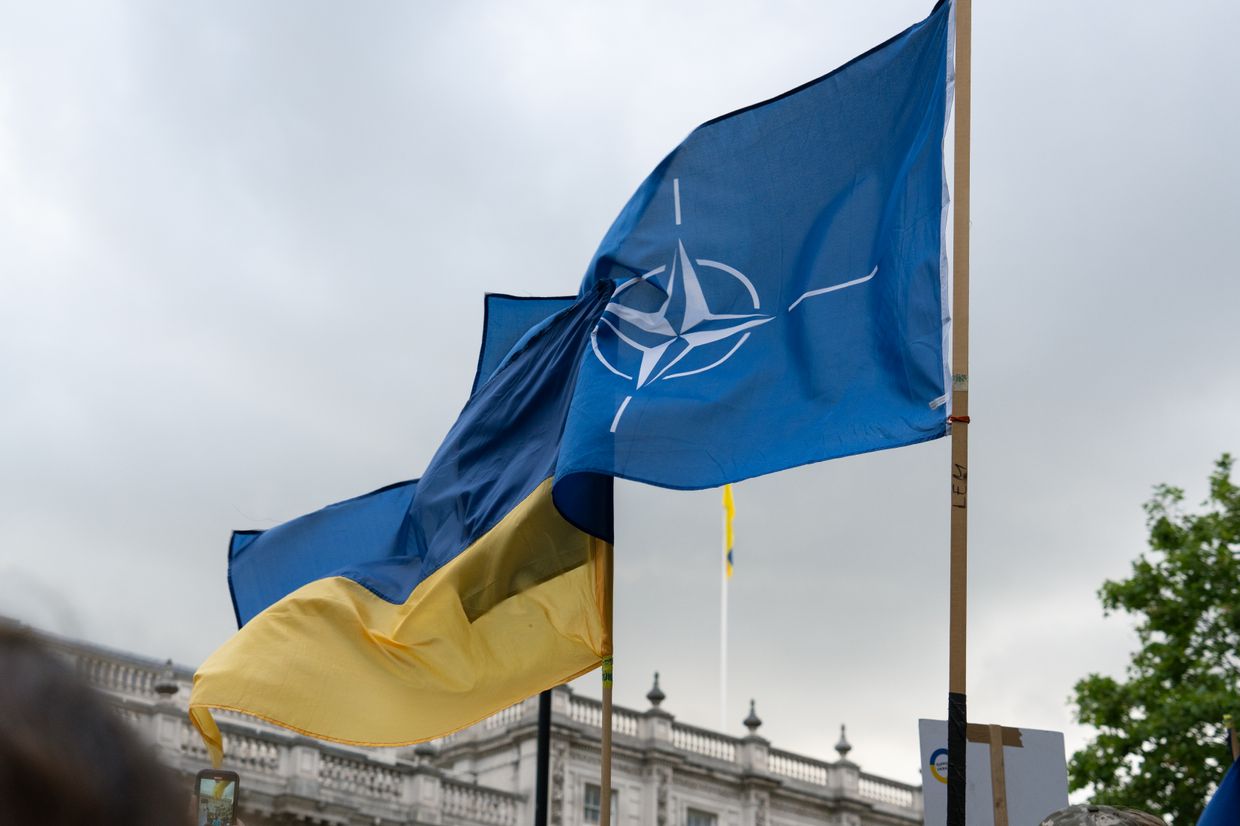

Explosions heard in occupied Donetsk Oblast city, Russian proxies announce evacuation
Russian occupation authorities in the Donetsk Oblast city of Yenakiieve announced evacuations from some areas on Dec. 10 amid reports of explosions.
Local Telegram channels shared footage that purports to show explosions in the town, with authors speculating about a possible missile attack. A blurred video published by the Tipichny Donetsk Telegram channel captures what seems to be multiple secondary explosions.
Ukraine has not officially commented on the incident.
Russian occupation authorities in the city did not clarify the reasons for the announced evacuation, claiming that the situation was "under control."
No further details on possible consequences have been provided at the time of the publication.
Yenakiieve, a mining and metallurgy center and the birthplace of Ukraine's former pro-Russian President Viktor Yanukovych, has been occupied by Russia since the start of its aggression in 2014.
Ukrainian forces have repeatedly targeted Russian military facilities across the occupied territories after Russia unleashed its full-scale invasion in 2022.
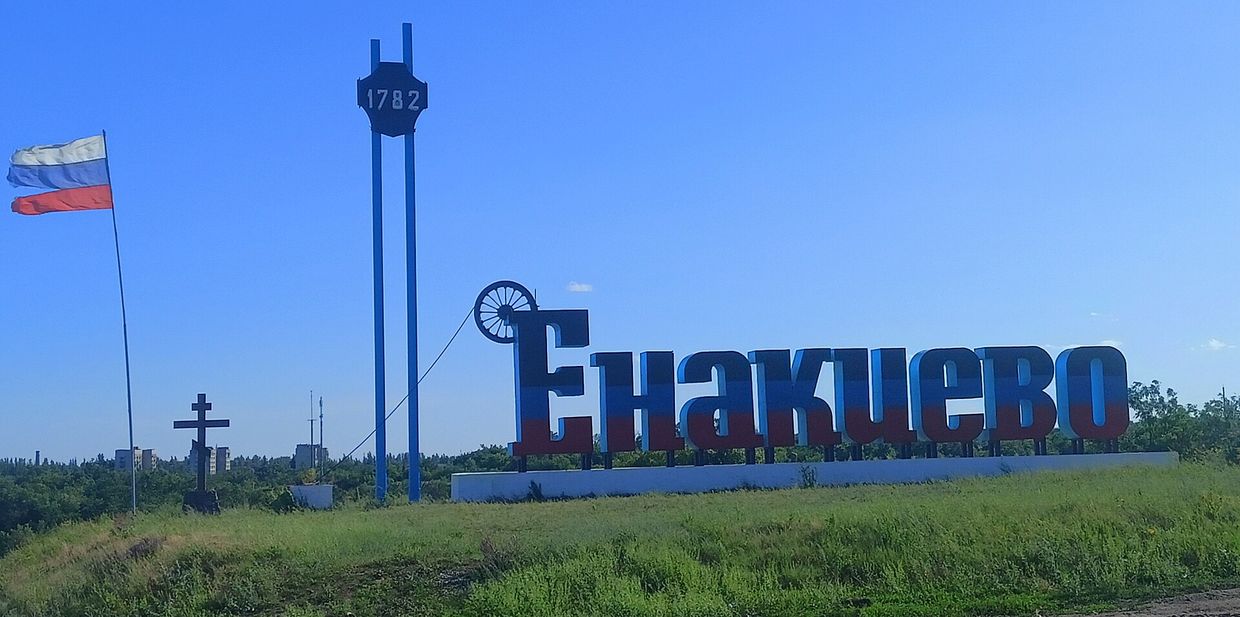

Confusion over Russian advances in Sumy Oblast, authorities deny border breach
Analysts from the crowd-sourced monitoring website DeepState Map reported on Dec. 10 that Russian forces had advanced in Sumy Oblast near the border village of Oleksandriya.
DeepState is a mapping project, independent but with close ties to the Defense Ministry, widely trusted as one of the most reliable sources of accurate information on territorial changes along the front line.
The map changes showed Russian forces occupying 2 square kilometers (0,8 square miles) in Sumy and advancing in the Kursk Oblast. These developments are reflected as of December 10.
Sumy Oblast authorities, including head of the Military Administration Volodymyr Artyukh, rejected the notion that Russian forces had breached the border, calling the reports "fake" and describing them as disinformation.
"Now, there is no data from the military on the change of the situation on the border; the situation is controlled," Artyukh said.
Sumy Oblast borders Russia's Bryansk, Kursk, and Belgorod oblasts. Residents of the vulnerable border communities experience multiple attacks per day.
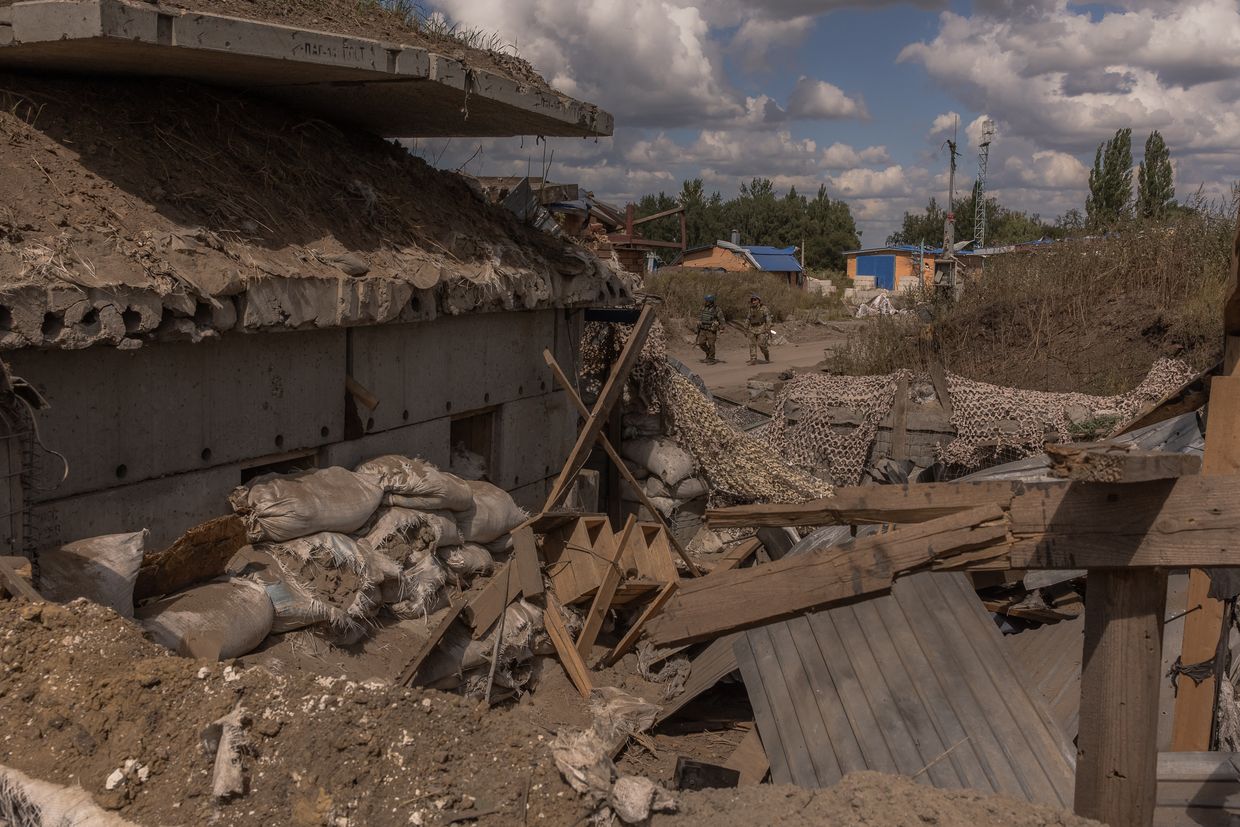

Ukraine peace talks could start this winter, Tusk says
Peace negotiations to end the war in Ukraine could begin as early as this winter, Polish Prime Minister Donald Tusk said on Dec. 10, Reuters reported.
Speaking during a government meeting, Tusk announced that Poland, set to assume the rotating presidency of the Council of the European Union on Jan. 1, intends to play an active role in the talks.
"As you can imagine, our delegation will share responsibility for shaping the political calendar and possibly the conditions surrounding the negotiations, which, while still uncertain, could begin this winter," Tusk said.
French President Emmanuel Macron is set to visit Warsaw later this week to brief Tusk on his recent discussions with U.S. President-elect Donald Trump and Ukrainian President Volodymyr Zelensky in Paris.
The move towards negotiations comes as Donald Trump's inauguration approaches, after which he has claimed he will be able to quickly bring the fighting to a close.
Tusk also confirmed that British Prime Minister Keir Starmer will visit Warsaw in early January, coinciding with Poland’s EU Council presidency.
“I want Poland to set the tone for decisions that will secure peace and protect Polish interests,” the president said.
Meanwhile, Ukraine is preparing a coalition of its key allies, including the U.S. and European nations, to coordinate positions for both battlefield and diplomatic strategies.
A meeting of these partners is planned for December, according to Ukrainian presidential spokesperson Serhii Nykyforov.
